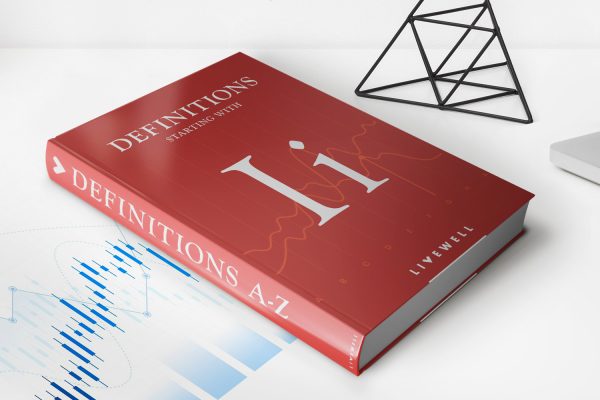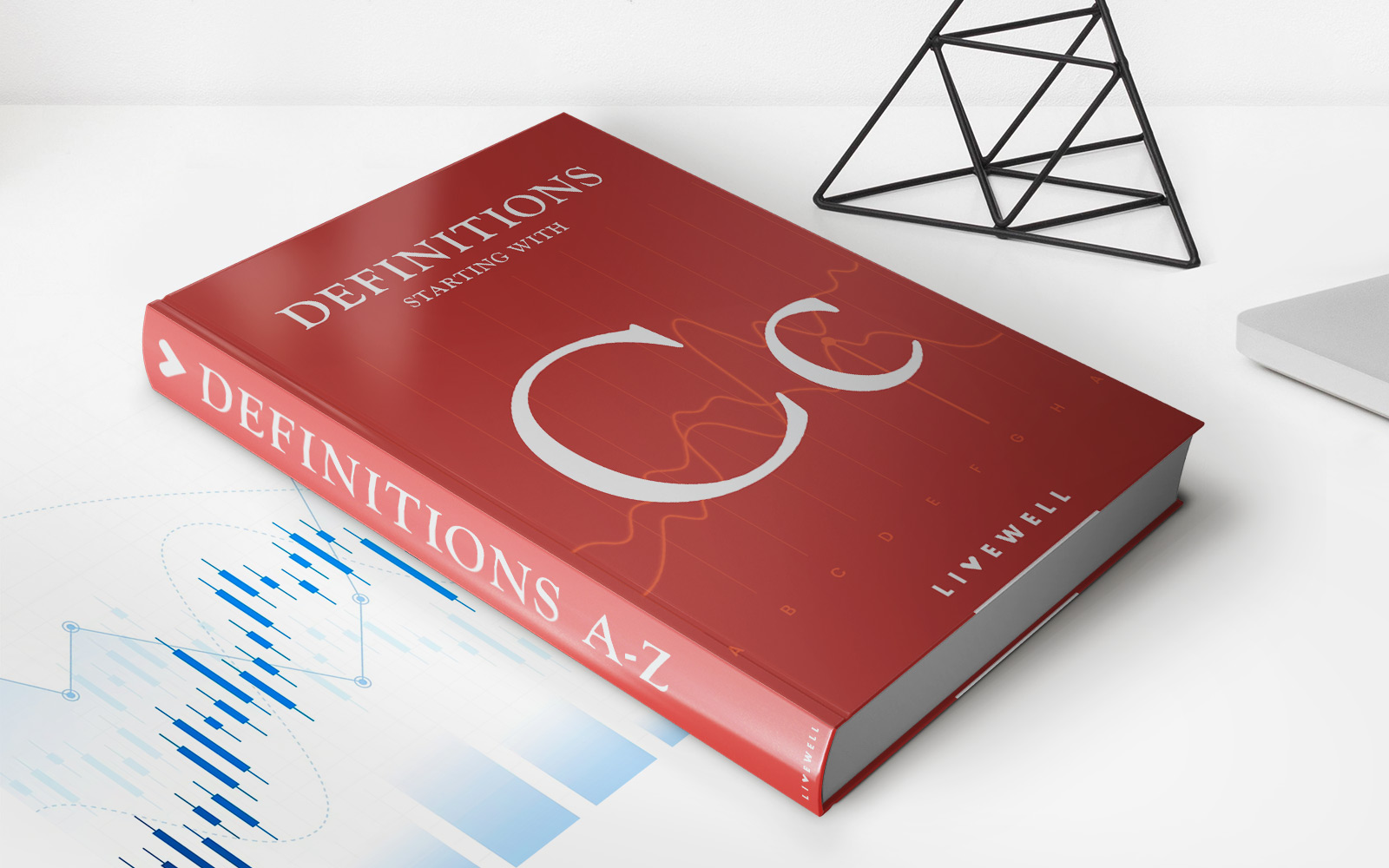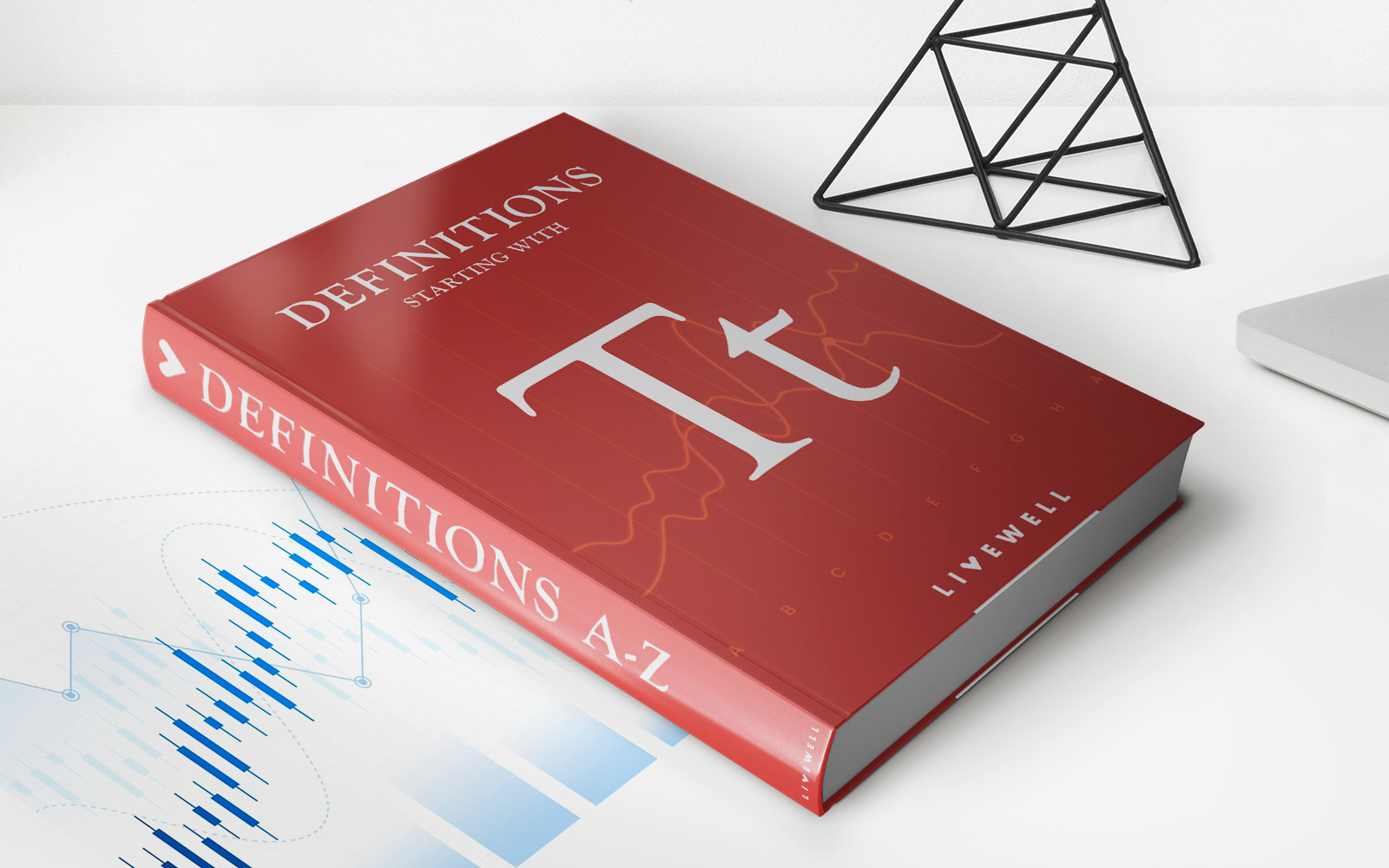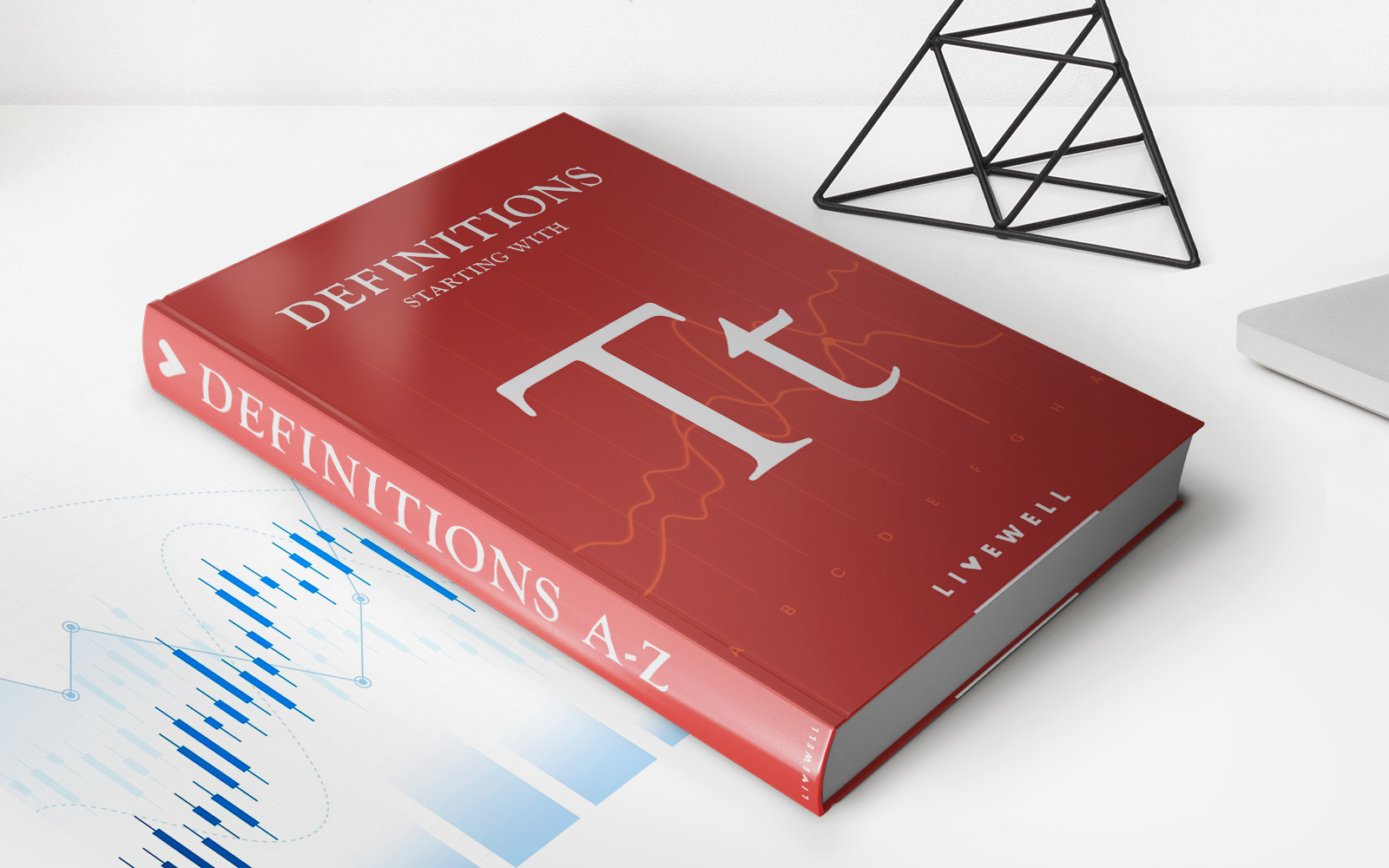

Finance
Intestate: Definition And State Rules
Published: December 12, 2023
Learn the meaning of "intestate" and understand the state rules regarding finance. Gain insights into the financial implications of not having a valid will in place.
(Many of the links in this article redirect to a specific reviewed product. Your purchase of these products through affiliate links helps to generate commission for LiveWell, at no extra cost. Learn more)
Intestate: Definition and State Rules – A Comprehensive Guide
Welcome to our “Finance” blog category, where we cover a wide range of topics relating to personal finance, investments, and legal matters that impact your financial well-being. In this article, we will explore the concept of intestate, its definition, and the state rules that govern it. If you’ve ever wondered what happens if someone dies without a will, you’re in the right place. So, let’s dive in!
Key Takeaways:
- Intestate refers to the legal condition of a person who dies without a valid will in place.
- When someone dies intestate, the distribution of their assets is determined by state laws, following a specific set of rules.
Understanding Intestate:
Intestate is a term used to describe the legal status of an individual who passes away without leaving behind a valid will. In such cases, the deceased person (also known as the decedent) has not provided any instructions on how their assets should be distributed after their death. This can lead to complications and potential disputes among family members. To avoid this, state laws have established a set of rules that govern the distribution of assets in intestate situations.
State Rules on Intestate Distribution:
The specific rules regarding intestate distribution can vary from state to state. However, there are some common principles that tend to apply across jurisdictions. Let’s take a closer look at the key factors that state laws typically consider when allocating assets in intestate cases:
- Spousal Share: In most states, a surviving spouse is entitled to a significant portion of the decedent’s estate. The exact share can vary, but it is typically a percentage or fraction of the total assets.
- Children’s Share: If the decedent had children, they usually have a right to a portion of the estate as well. The distribution among children may vary based on the number of children and whether or not the surviving spouse is also a parent of those children.
- Parents and Siblings: If there is no surviving spouse or children, state laws may allocate a portion of the estate to the parents or siblings of the deceased.
- Extended Relatives: In the absence of immediate family members, some state laws designate specific percentages or shares for more distant relatives, such as grandparents, aunts, uncles, or cousins.
It is crucial to note that intestate distribution occurs according to state law, and it may not align with the decedent’s wishes or the preferences of their surviving family members. To ensure your estate is distributed as you desire, creating a valid will is highly recommended.
Take Control of Your Estate:
When it comes to your personal finances and the future of your loved ones, it’s essential to plan ahead. By creating a comprehensive estate plan that includes a valid will, you can control the distribution of your assets and spare your family potential disputes and uncertainties. Consult with an experienced estate planning attorney to ensure your wishes are legally documented, protecting your assets and the well-being of your loved ones.
We hope this guide brought clarity to the concept of intestacy and the state rules that govern it. Remember, it’s never too early to start planning for the future, so take control of your estate and secure a better financial tomorrow for yourself and your loved ones.














